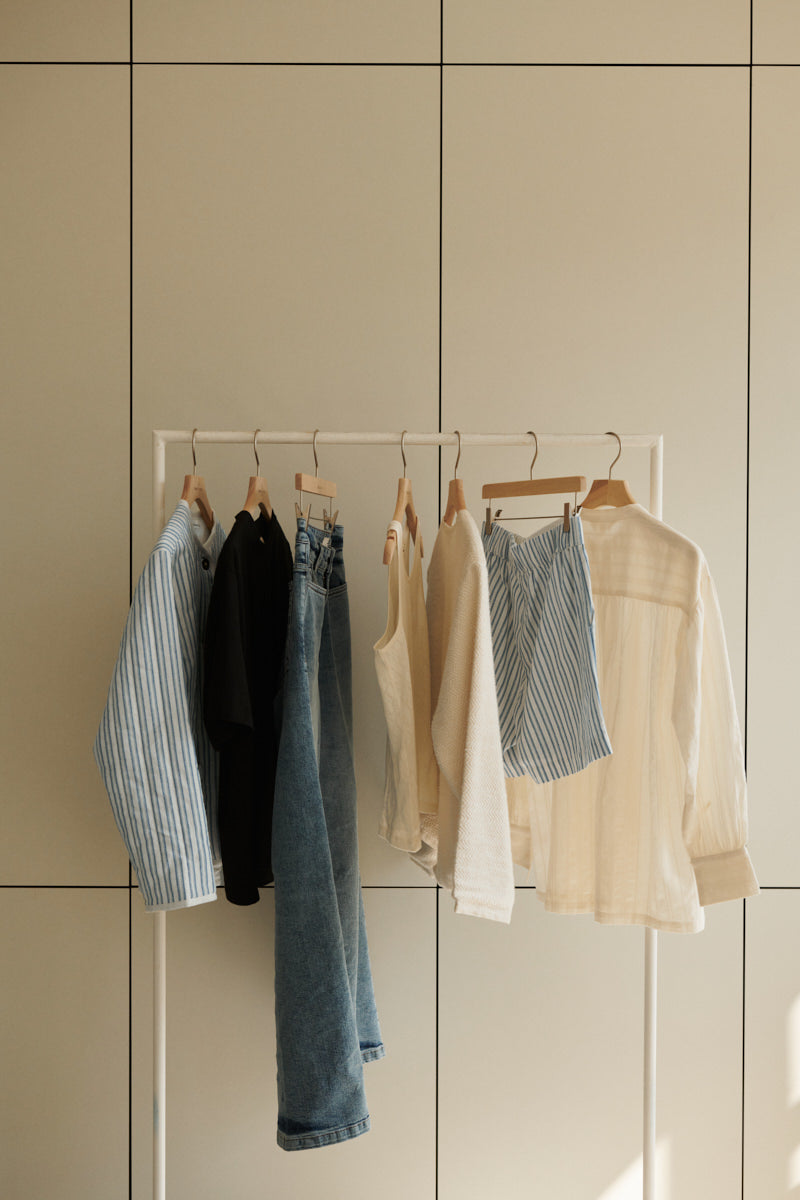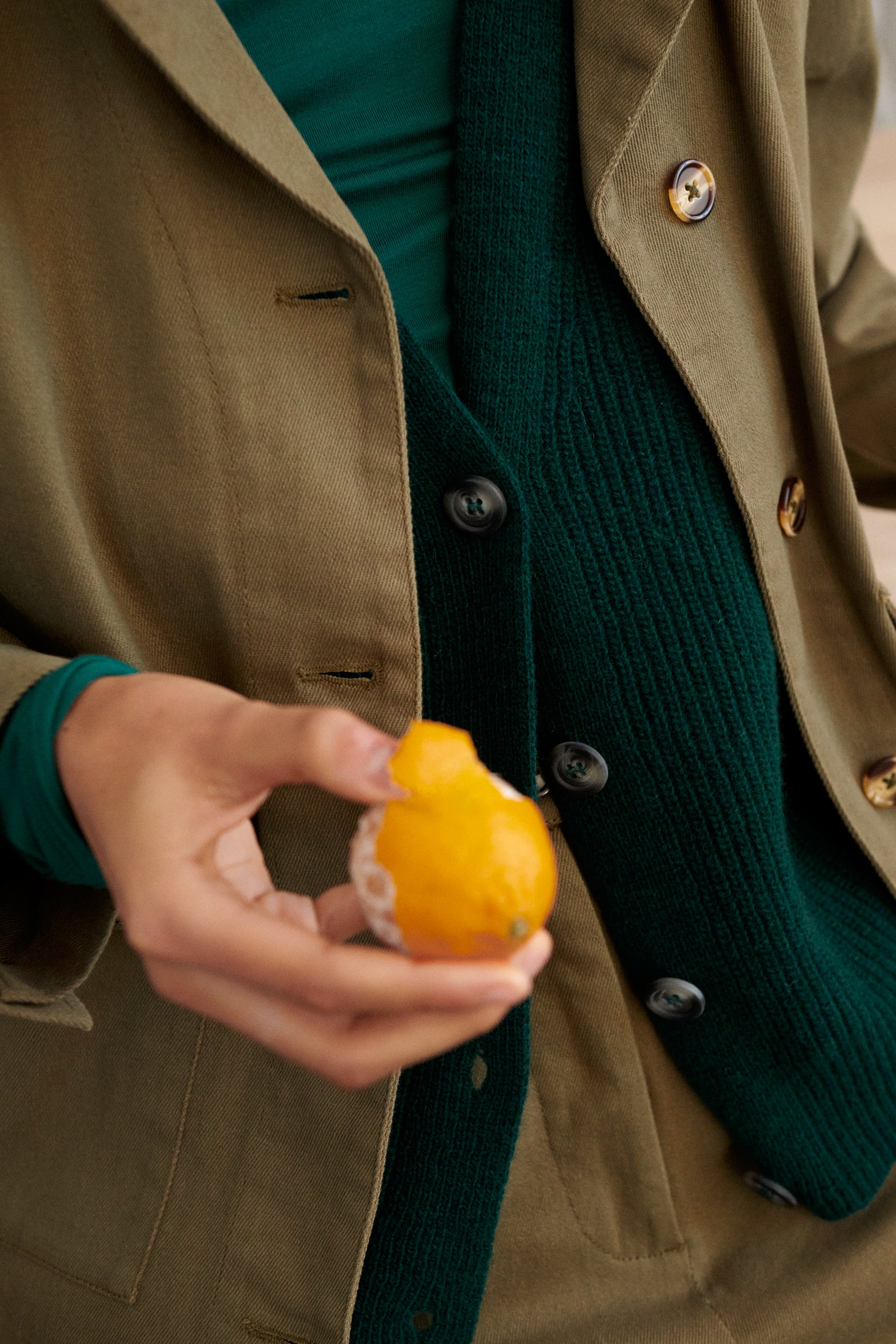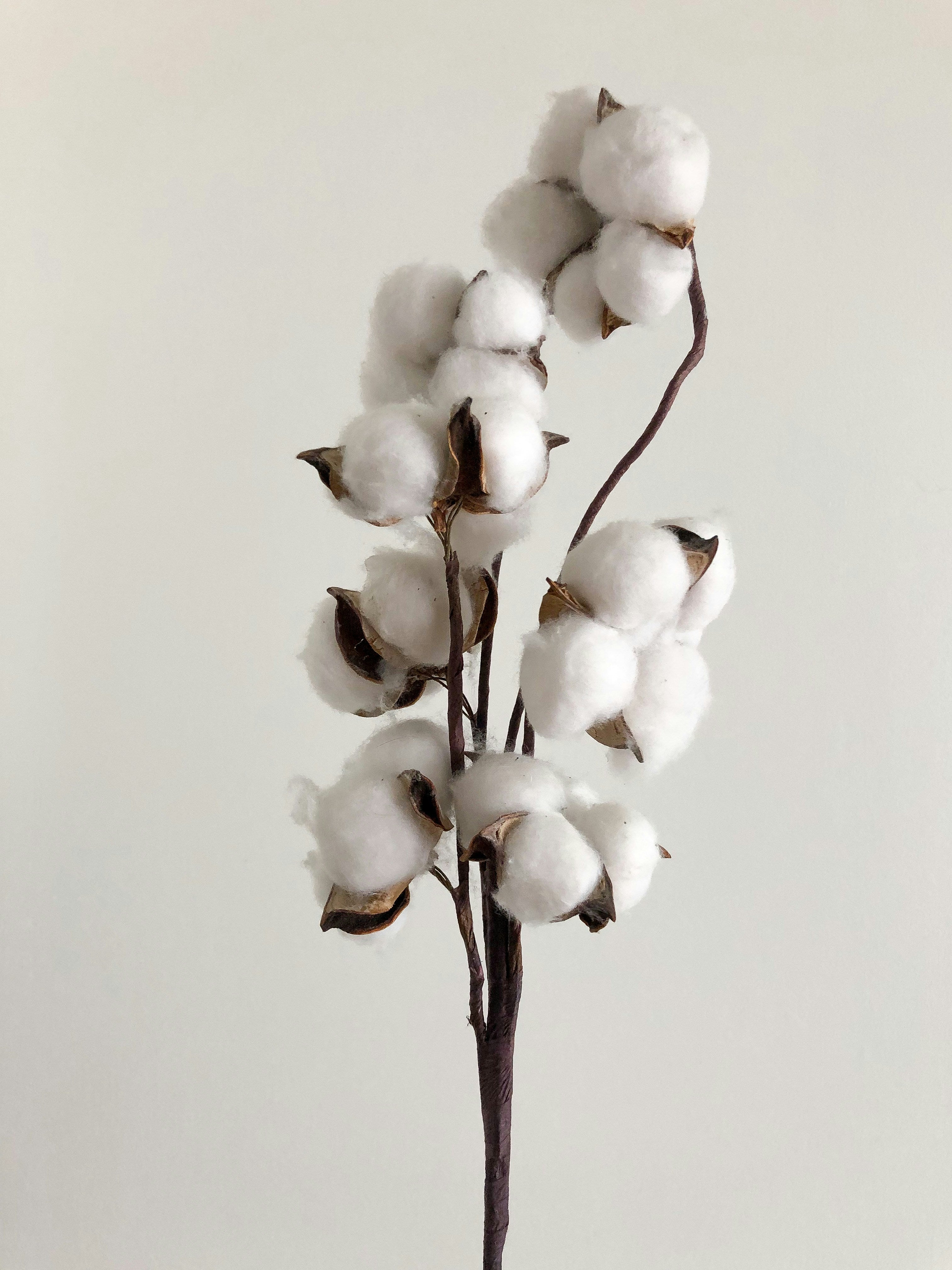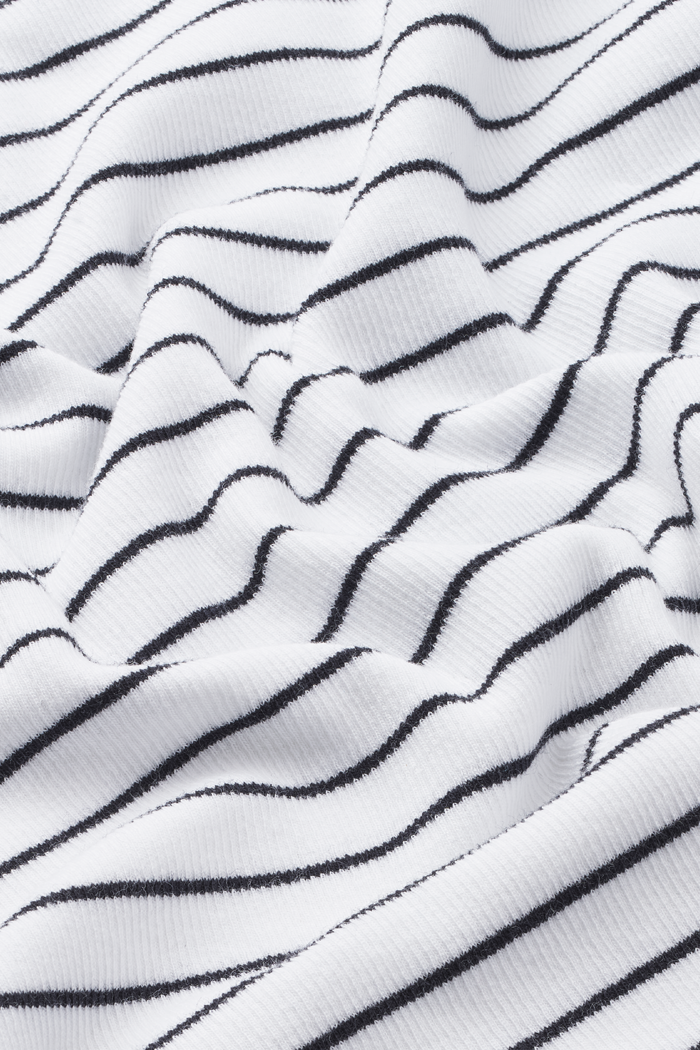It can be difficult to navigate climate ethics, certifications, and so on when you want new clothes but at the same time care about the sustainability behind them. And you are definitely not alone. That’s why we have made this mini-guide for you who want to shop more sustainably.
Look for these certifications
Many companies brand themselves as “CO2-neutral” and “sustainable,” but how can you as a consumer know if that is actually true? You can do this by looking for certifications and labels that have been verified by a third party.
It’s good to know these five labels and certifications if you want to buy clothing with a focus on organic and sustainable production:
- GOTS label - Requires that between 70-95% of the fibers in clothes must be organic
- The Nordic Swan Ecolabel - Environmental requirements regarding content and emission of problematic substances
- Fairtrade label - Standards that prohibit, for example, harmful pesticides and child labor
- Oeko-Tex Standard 100 label - Requirements for the content of chemical residues in the finished clothing
- FSC label - Ensures conditions concerning biodiversity, water environment, and local education
Choose materials with care
Not all fibers are the same, which is why it is important that you choose the right materials when buying new clothes. Wool, linen, and hemp are preferable, as these materials are biodegradable. If you go for cotton clothing, choose organic cotton that does not come from cotton fields sprayed with chemicals.
If you want to shop more sustainably, avoid clothes made from plastic-based fabrics like polyester, nylon, and elastane. These textiles are artificially made and release a lot of microplastics when they get wet - and that microplastic ends up directly in our oceans.
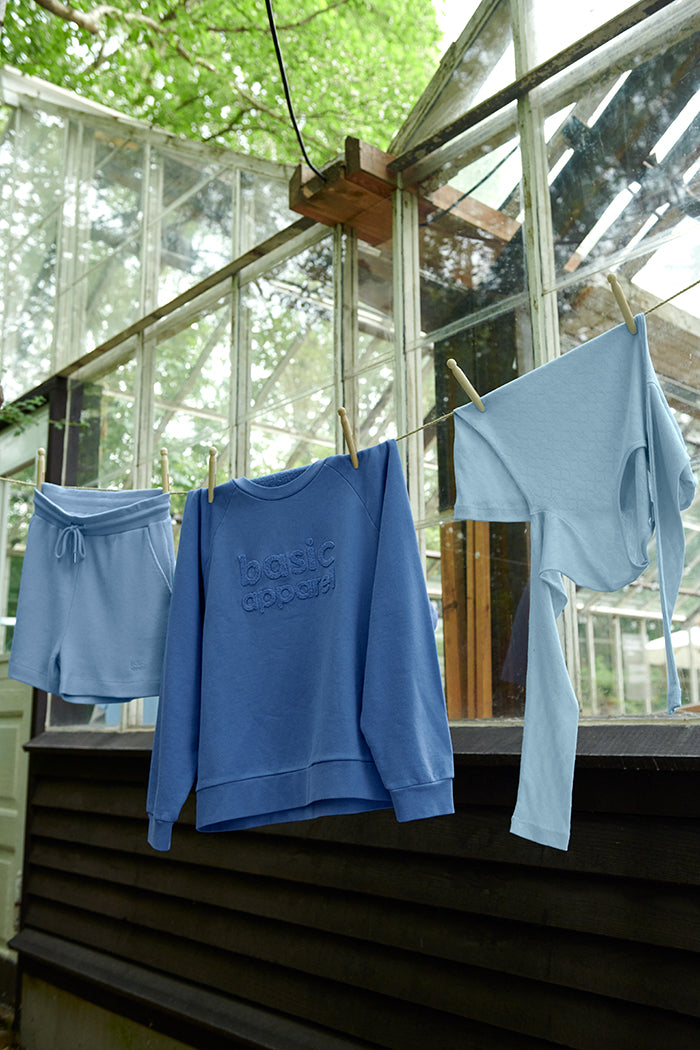
Wash your clothes correctly - and not so often
Figures from the European Environment Agency show that up to 44% of a garment’s total environmental impact happens during the use phase - that is, when we wash, dry, and iron it. The good news is that small changes in your routines can make a big difference. If the clothes don’t have stains or smell, they often just need to be hung on a hanger in fresh air instead of being washed. Especially cotton and wool benefit from resting, and fresh air can remove most odors.
When you wash, always follow the care instructions on the garment. Most clothes - including the Ludmilla series - get clean at 30 degrees celsius. Use a gentle detergent without optical brighteners or enzymes, and avoid fabric softeners, as these can break down the elasticity of the fabric over time.
Also, try to air dry your clothes rather than using the tumble dryer. It causes much less wear and preserves the fit better. By taking good care of your clothes, you extend their lifespan and give them the chance to be part of your wardrobe for many years. That’s not just good for the environment - it’s also good for your finances and your style.
Buy clothes you can wear for a long time
"Fast fashion" refers to clothing that is typically produced very cheaply and follows rapidly changing styles and trends. This type of fashion contributes to the growing overconsumption of clothing we see today. New figures from the European Environment Agency show that, on average, each person in Europe buys 19 kilos of clothing every year.
Instead of buying new clothes just because you see a good deal, try to be more mindful when shopping. Look for the materials you prefer, consider whether the clothing can be used for different occasions, and most importantly, choose something you feel comfortable in – you’re much more likely to wear it often.
At Basic Apparel, we care about sustainability - that’s why we use organic cotton and have asked all our suppliers to operate in accordance with our code of conduct, which requires them to work toward aligning with the UN’s 17 Sustainable Development Goals for environmentally responsible development.
We are passionate about low-impact fashion that lasts longer than just a single season.
